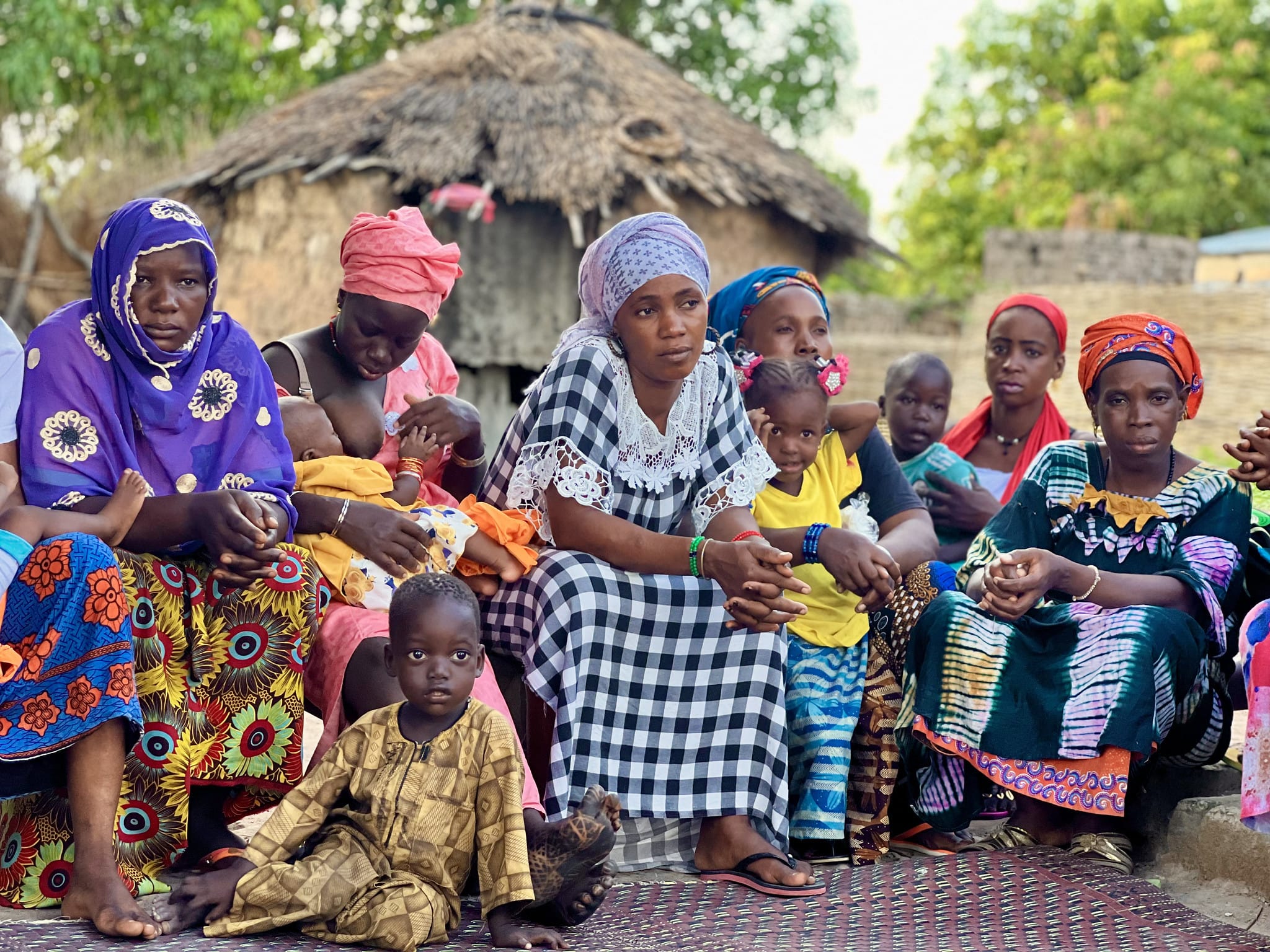Equal opportunity
Combating discrimination
Rural communities are often dispossessed of their basic economic, social and cultural rights. But within those communities are people who face even greater levels of discrimination: women and young people.
AVSF and its partners help women and young people gain greater access to resources and services and strengthen their rights in their territories, while respecting highly diversified cultural and social environments.
Women play a major role in crop and livestock farming. They make up 43% of the labour force in developing countries and roughly two-thirds of the 600 million poor livestock farmers worldwide, and they account for more than half of the world’s agricultural production.
Young people are hungry for change and willing to take risks, innovate and adopt new practices and technologies. Their boldness is more than welcome when it comes to developing the rural territories of tomorrow.
Women account for more than half of the world's agricultural production
Invisibilisation of women and young people
Women and young people’s work and contributions go largely unrecognised. Throughout the world, they are constrained by customary, social and economic rules and traditions that sometimes hinder their access to land, funding, training, or even just to forums for discussing and making decisions regarding the future of their communities. Moreover, in many countries women still suffer from low literacy and are marginalised as a result. Lastly, because they do not always see opportunities for the future or opportunities for empowerment, many young people try their chances elsewhere, in cities or in other countries.
Combating discrimination through listening and understanding
Before taking any action to combat gender inequality and the marginalisation of young people, it is necessary to listen to their needs and desires and develop a better understanding of local situations: division of roles between men and women on farms and in value chains; discrimination against women and young people, for example in farmers’ organisations and community organisations; etc.
Taking into account cultures and social environments that differ greatly from one country to another, AVSF and its partners are working to change people’s perceptions regarding the place and role of women and young people in families and communities, in the fields in which AVSF operates through initiatives to raise awareness among local authorities and the general public.

AVSF also carries out a wide range of concrete actions, such as training to improve literacy and technical skills. Some measures help facilitate the participation of women and young people in community organisations and other decision-making bodies, or in certain actions: flexible hours and child care for women, creation of spaces where young people in rural areas can express themselves and take action, etc. Other actions seek to promote secure access for women and young people to natural resources and means of production, particularly land.
The priority for young people in rural areas is not just to find a stable and decent-paying job, but to live in attractive communities that offer real opportunities for empowerment and active participation in defining projects and local policies that address their needs.
The agroecological transitions and the creation of sustainable and fair value chains promoted by AVSF encourage the emergence of micro-companies, cooperatives and agricultural services. In other words, they encourage the creation of wealth and inclusive economic prosperity in communities. These transitions help promote greater recognition of the vocation of small farmers, and facilitate greater integration of women and young people in the economic, social and political life of rural communities and their representative organisations.




